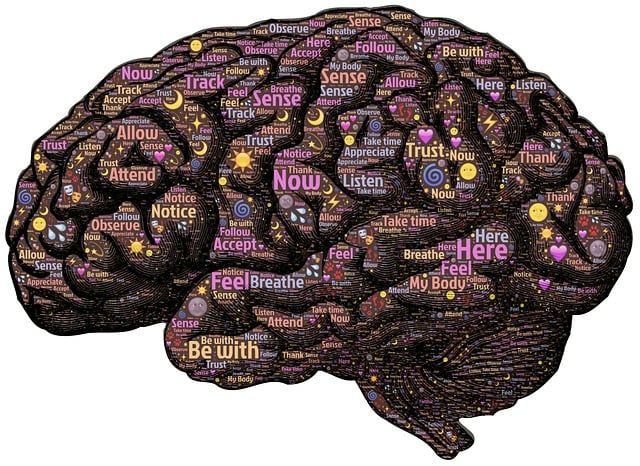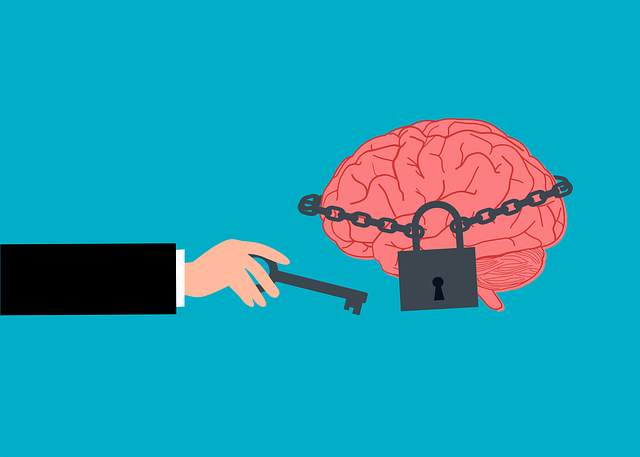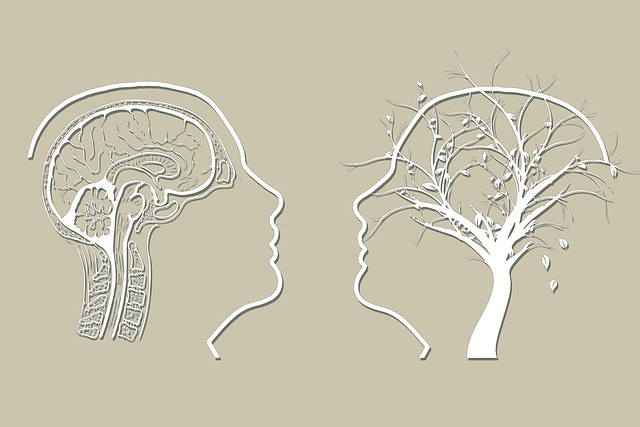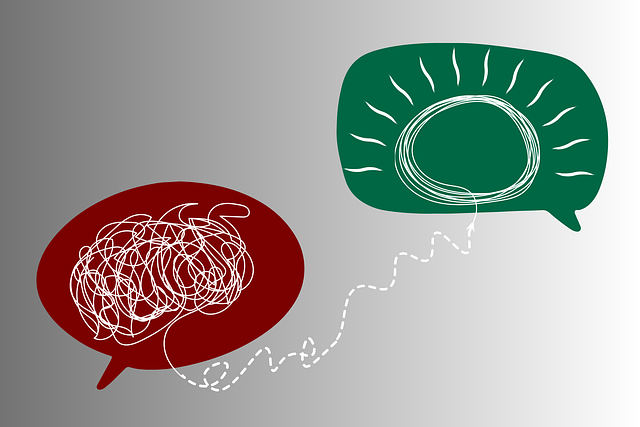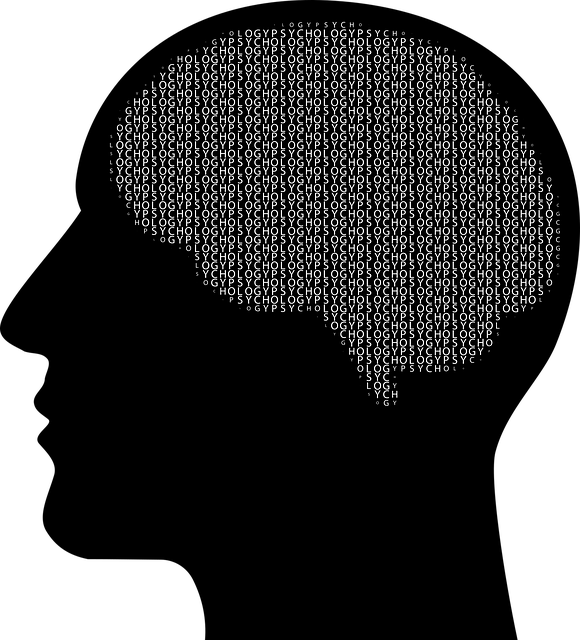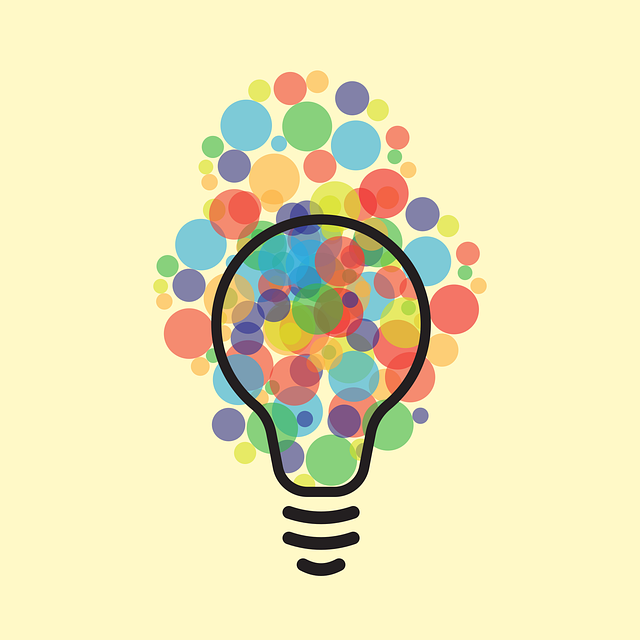Aurora Hebrew Speaking Therapy is a pioneering mental wellness app addressing the unmet need for accessible, culturally sensitive support in diverse communities. By offering tailored therapy in users' native language and incorporating resilience-building, mood tracking, meditation, and educational resources, it empowers individuals to manage stress, anxiety, and other mental health concerns. With a user-centric design focusing on simplicity and calming aesthetics, the app fosters self-care habits for improved overall well-being. Strategic marketing targets specific demographics, leveraging digital channels and influencer collaborations to enhance accessibility in today's fast-paced digital world.
Mental wellness apps have emerged as powerful tools, addressing growing concerns about mental health accessibility. As digital solutions gain traction, understanding user needs becomes paramount. This article explores the development of effective mental wellness apps, focusing on cultural sensitivity through case studies like Aurora Hebrew Speaking Therapy. We’ll delve into key features, design strategies, and marketing tactics, offering insights for creating engaging apps that cater to diverse audiences, enhancing overall well-being.
- Understanding the Need for Mental Wellness Apps
- Target Audience and Cultural Sensitivity: The Role of Aurora Hebrew Speaking Therapy
- Key Features and Functions for Effective App Development
- Designing an Engaging User Experience: Tips and Best Practices
- Marketing and Distribution Strategies for Mental Health Apps
Understanding the Need for Mental Wellness Apps

In today’s fast-paced world, mental wellness is a cornerstone of overall health, yet many individuals struggle to access effective support. This is particularly evident in diverse communities like those with Hebrew-speaking backgrounds, where specialized services are often scarce. The need for accessible and tailored mental wellness solutions has never been more pressing. Apps designed for mental health offer a promising avenue to bridge this gap, providing resources and support at the fingertips of users.
Consider the impact of an app like Aurora Hebrew Speaking Therapy, which caters specifically to the needs of individuals seeking therapy in their native language. By focusing on resilience building and incorporating cultural sensitivities, such apps enhance mental health education programs design while also advocating for Mental Health Policy Analysis. They empower users with tools to manage stress, anxiety, and other common mental health concerns, fostering a sense of empowerment and self-care that extends beyond traditional therapy settings.
Target Audience and Cultural Sensitivity: The Role of Aurora Hebrew Speaking Therapy

The target audience for mental wellness apps is diverse and broad, encompassing individuals from various age groups, backgrounds, and cultural affiliations. When developing such applications, especially those catering to specific communities, cultural sensitivity is paramount. Aurora Hebrew Speaking Therapy stands as a prominent example of this need, offering specialized services within the Hebrew-speaking community. This therapy group recognizes the unique challenges faced by individuals who may struggle with mental health issues while navigating cultural barriers.
By addressing cultural sensitivities, mental wellness apps can foster inclusivity and effectiveness. Incorporating features that cater to diverse linguistic needs, such as providing therapy in multiple languages, ensures accessibility for a broader user base. This approach is especially relevant in regions with linguistically diverse populations or those where specific cultural contexts impact mental health perceptions, as in the case of Aurora’s focus on the Hebrew-speaking community. Furthermore, considering cultural nuances can enhance the effectiveness of Positive Thinking and Social Skills Training modules, making them more meaningful and impactful for users from diverse cultural backgrounds.
Key Features and Functions for Effective App Development

An effective mental wellness app, like Aurora Hebrew Speaking Therapy, should incorporate a range of key features and functions to promote user engagement and inner strength development. Personalized therapy sessions tailored to individual needs, accessible through video conferencing or messaging, are essential for building trust and comfort. Incorporating tools for mood tracking, meditation, and mindfulness exercises can help users cultivate self-care routines that enhance mental health awareness and overall well-being.
Additionally, the app should offer educational resources, such as articles, videos, or interactive modules, focused on various aspects of mental wellness. Features facilitating connection with a supportive community through forums or peer mentoring groups can foster a sense of belonging and encourage users to share their experiences. By combining these elements, the app aims to create a holistic environment that supports users in navigating their mental health journeys effectively while promoting self-care routine development for better mental health.
Designing an Engaging User Experience: Tips and Best Practices

Designing an engaging user experience is paramount when developing a mental wellness app, especially one like Aurora Hebrew Speaking Therapy that caters to a specific community’s needs. Incorporate intuitive navigation and simple language to ensure users, even those with limited digital literacy, can effortlessly access resources. Visual elements, such as calming colors and easy-to-read fonts, contribute to a soothing atmosphere, enhancing the overall user experience.
Interactive features like progress trackers, personalized recommendations for Self-Care Practices, and gamified elements can motivate users. Incorporate storytelling or vlog-style content from experts in Depression Prevention to make learning engaging. Public Awareness Campaigns Development can also be integrated through informative articles or interactive quizzes, fostering a sense of community while promoting mental health literacy.
Marketing and Distribution Strategies for Mental Health Apps

Marketing and Distribution strategies for mental health apps are crucial to ensure their reach and impact. In today’s digital era, app stores are bustling with various mental wellness solutions, making it essential for developers to stand out. One effective approach is to leverage targeted marketing campaigns that focus on specific demographics, such as the Aurora Hebrew Speaking Therapy community. By understanding the unique needs and preferences of this group, apps can be tailored to offer specialized trauma support services and emotional well-being promotion techniques.
Utilizing digital marketing channels, including social media platforms and online communities, allows for direct engagement with potential users. Collaborating with influencers or mental health advocates within the Hebrew-speaking community can also amplify the app’s message. Additionally, distributing through established mental health platforms and integrating with healthcare providers’ networks expands accessibility, ensuring that those in need discover and benefit from these valuable tools for emotional well-being promotion.
The development of mental wellness apps, such as those inspired by innovative models like Aurora Hebrew Speaking Therapy, presents a powerful opportunity to reach and support diverse communities. By incorporating cultural sensitivity, engaging user experiences, and strategic marketing, these applications can become valuable tools in promoting mental health awareness and accessibility. Embracing these key aspects ensures that mental wellness apps cater to a broad audience, offering much-needed support and guidance within the digital realm.



